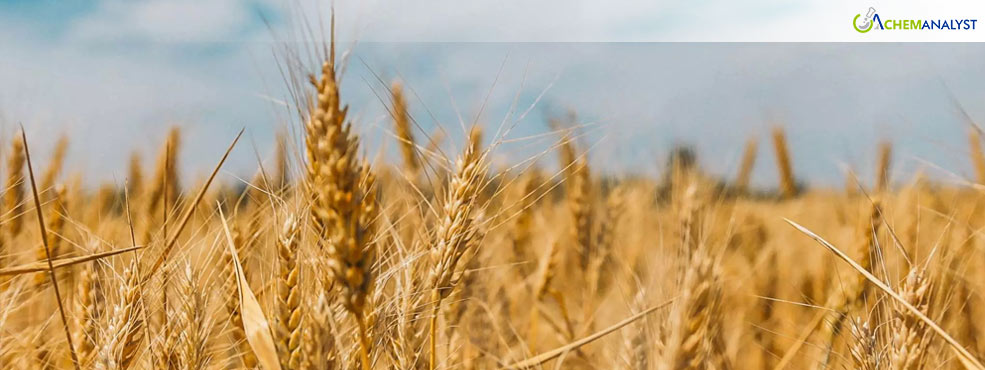Welcome To ChemAnalyst

On October 22, 2024, the African Development Bank (AfDB) announced a $100 million grant aimed at supporting the second phase of a wheat production initiative in Sudan, as confirmed by the country's finance ministry. This funding is critical for enhancing food security in the country, which has faced significant disruptions to agricultural activities due to ongoing conflicts.
The announcement comes on the heels of a troubling report from the Food and Agriculture Organization (FAO) on March 20, which highlighted a staggering 46% decrease in Sudan’s grain production compared to the previous year, primarily attributed to the ongoing conflict. Mohamed Bashar Mohamed, Finance Undersecretary, remarked that the AfDB's approval for this second phase will facilitate project implementation in collaboration with the UN World Food Programme (WFP) in 2025.
The first phase of this initiative, supported by $76.8 million from the AfDB, was successfully carried out over the last two years under an agreement established in 2022. During this phase, the WFP provided climate-resilient wheat seeds and fertilizers to over 170,000 smallholder farmers, significantly boosting agricultural productivity. The AfDB reported that this initiative led to the production of 645,000 metric tons of wheat this year, which accounted for 22% of Sudan's total wheat requirements.
Agriculture is vital to Sudan's economy, representing about 80% of employment and contributing 32.7% to the country’s GDP, which the World Bank estimated to be approximately $34.3 billion at the end of 2021. The new grant is part of the AfDB’s wider efforts to support low-income African nations through its sixteenth replenishment of the African Development Fund (ADF-16), designed to assist 37 such countries.
In a press statement, Bashar explained that the AfDB’s grant would be utilized to comprehensively implement the wheat production project, thereby enhancing food security throughout the nation. The collaboration with the WFP as the implementing partner underscores a commitment to ensuring effective delivery and management of the resources allocated for this essential initiative.
The positive outcomes from the first phase have already shown tangible benefits, and the continuation into a second phase is anticipated to further strengthen Sudan's agricultural capacity, particularly in light of the substantial challenges posed by ongoing conflicts. This strategic partnership emphasizes the importance of international cooperation in addressing food insecurity and fostering sustainable agricultural development in Sudan. By working together, stakeholders aim to create a more resilient agricultural sector capable of withstanding future challenges.
We use cookies to deliver the best possible experience on our website. To learn more, visit our Privacy Policy. By continuing to use this site or by closing this box, you consent to our use of cookies. More info.
